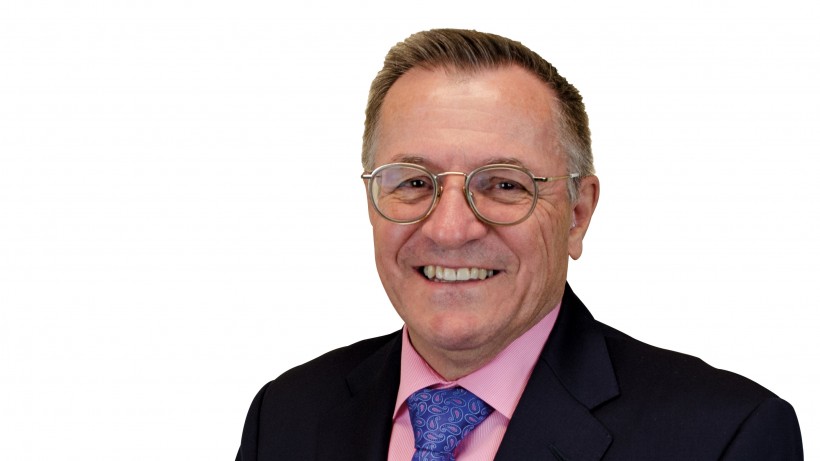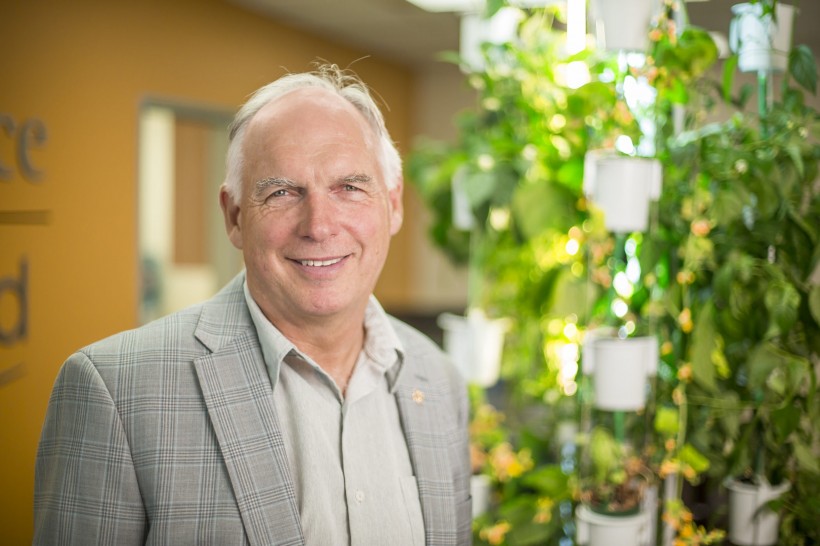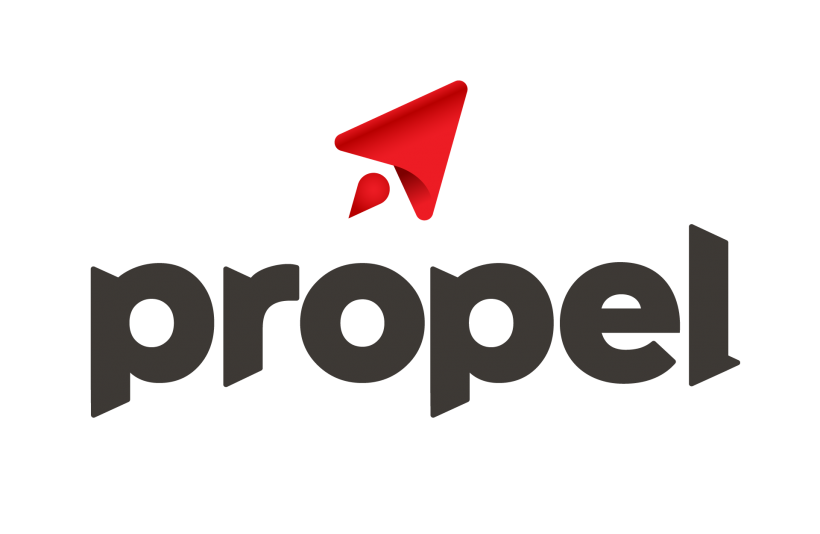Whenever we build a component of the Atlantic Canadian ecosystem, we have to model ourselves on the best examples in the world.
So we need to develop an accelerator in the region that meets the criteria of the Global Accelerator Network, or GAN, the governing body of startup accelerators. That means there has to be an Atlantic
Canadian accelerator backed by a fund, and that invests in the companies it mentors.
It’s the model used in the U.S. by Y Combinator, TechStars and 500 Startups. It’s also being used in Canada by such leading groups as Grow Labs in Vancouver and FounderFuel in Montreal. It’s simply best practice in the accelerator world. You can’t be recognized by the GAN without it.
Atlantic Canada now has a few accelerators and there are discussions about developing more. We have groups that call themselves accelerators, but fall short of the accepted model. But what we need is a mentorship group backed by private sector investors who can attract the best companies from anywhere in the world, as well as companies grown in Atlantic Canada.
By developing an accelerator backed by a fund, we will suddenly occupy a different position in the global market. Investors will insist that the accelerator be able to court the best companies anywhere and attract them to the region.
That doesn’t mean we’d be crowding out Atlantic Canadian companies.
It means that local startups have to make sure they are as good as any in the world to gain entrance to the accelerator. If they’re not at this level already, they have to up their game to get in – which is the whole point of an accelerator, isn’t it?
Many of the companies that would come to Atlantic Canada to work in the accelerator would end up staying here. That has certainly been the experience of Startup Chile, which follows the fund-backed model and has been attracting entrepreneurs from around the world. TechStars is based in Boulder, Co., and 35 to 40 percent of the companies that enter TechStars end up staying in the Boulder area.
The accelerator will need to focus on a specific growth segment – such as 3-D printing, drones, bitcoin, big data, biotech or stem cell – to differentiate itself from all the other accelerators out there. By focusing on a specific sector, this accelerator would become option of choice for startups around the world operating in that specific growth industry.
To attract the best companies, you can’t be the fourth or fifth option for startups that couldn’t get into Y Combinator. You have to be their first choice. And that means developing an accelerator that is recognized globally.
It would not take a ton of money to launch this initiative. TechStars was started with an initial funding of $118,000. Half the money could come from local entrepreneurs and the other half from a fund-of-funds. There would have to be physical space – another criteria of the GAN.
The biggest challenge will be finding the right person to run the accelerator. It would have to be a seasoned entrepreneur with experience in the specific segment chosen by the accelerator. And if we find that unique person, we could create an accelerator in Atlantic Canada that would gain an international reputation quickly.
Dan Martell is the Founder and CEO of Clarity.
This article first appeared in our Spring 2014 Entrevestor Intelligence report, which can be found here.







